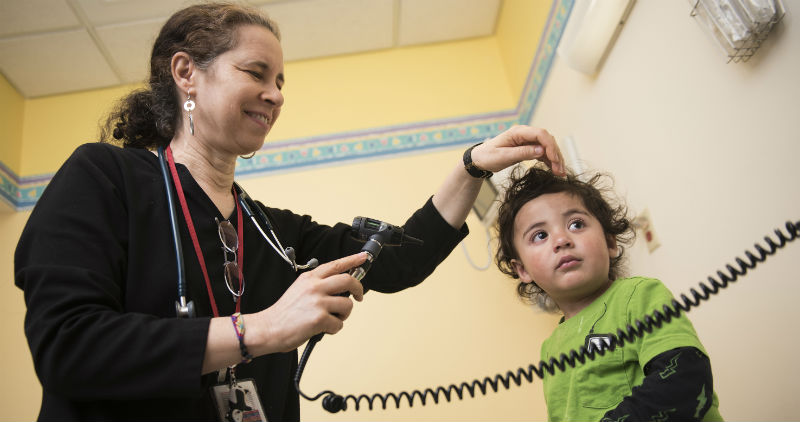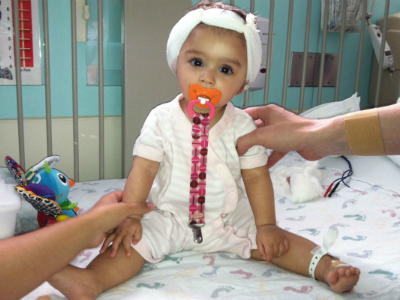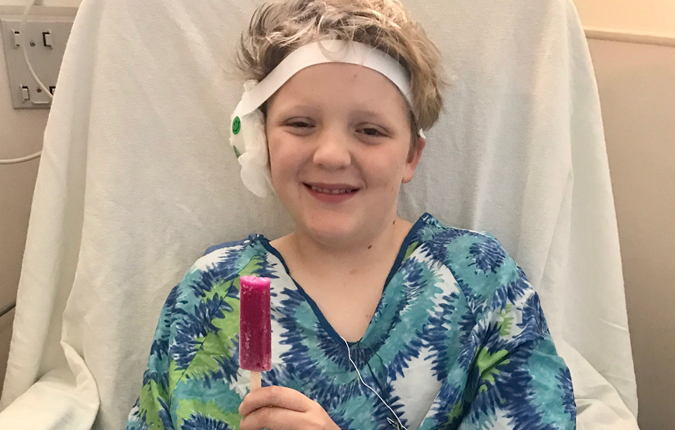Treatment
Cochlear Implant Surgery
What You Need to Know
Cochlear implant devices convert acoustic signals to electric signals that are then delivered to the cochlear nerve endings through a set of electrodes inserted into the cochlea (hearing organ), enabling the brain to discern sounds and different pitches.
Schedule an Appointment
Our pediatric specialists provide personalized care for your child’s physical, mental and emotional health needs. Meet our providers and schedule an appointment today.
Frequently Asked Questions
Before Cochlear Implant Surgery
What to Expect During Cochlear Implant Surgery
After Cochlear Implant Surgery
Meet the Providers Who Perform Cochlear Implant Surgery
Departments that Offer Cochlear Implants

Cochlear Implant and Hearing Restoration Program
Explore advanced hearing loss treatment for children at Children's National. Our specialists offer cochlear implants, hearing restoration and personalized care to improve your child’s hearing health.

Help Kids and Make a Difference
Invest in future cures for some of life's most devastating diseases. Give today to help more children grow up stronger.










